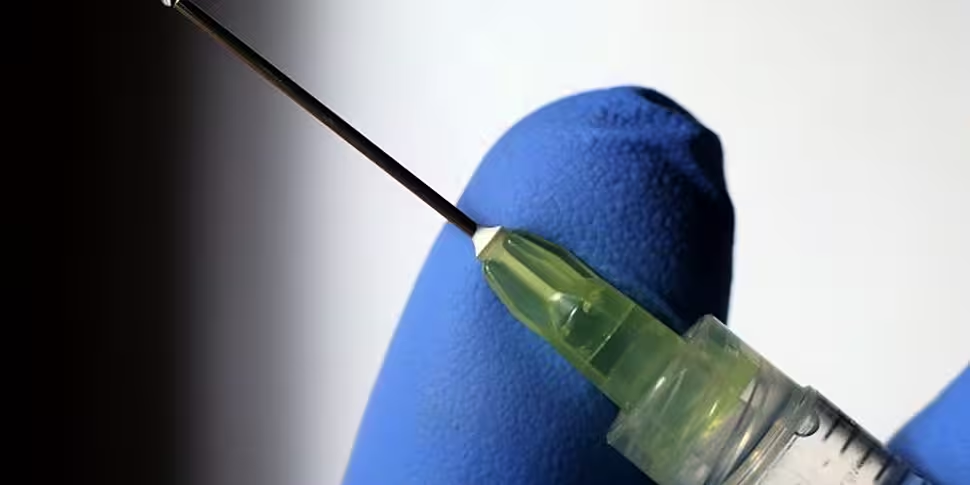The HSE has warned that a "misinformation campaign" regarding the HPV vaccine has seen a huge drop in uptake among teenage girls.
The vaccine has been on offer to girls in the first year of secondary school since 2010 - and in 2015 a record 87% of students took up the offer.
That figure dropped to a low of 50% in September and October last year - meaning just 15,000 girls out of 30,000 were vaccinated.
Both the government and The Irish Cancer Society (ICS) have warned that at least 40 women will die because of the drop-off.
The ICS said the fall in numbers will also see 100 women needing life-saving treatment - with a further 1,000 requiring invasive surgery.
Human papillomavirus
Human papillomavirus (HPV) is a sexually transmitted infection that can lead to cervical cancer and genital warts.
The vaccine Gardasil protects against both.
Brenda Corcoran, Head of the HSE Immunisation Office told The Pat Kenny Show that figures from other jurisdictions show the importance and effectiveness of the vaccine
"We know that the vaccine prevents seven out of ten of those cancers so the figures speak for themselves," she said.
"In countries such as Australia and Scotland they are seeing an impact in these figures - the numbers of girls who are developing pre-cancers are dropping and the numbers of girls developing cancer are dropping.
"If we don't protect girls with the vaccine, we won't see those figures dropping either."
Public confidence
Health officials have linked the drop in vaccinations to what they have termed "unsubstantiated concerns" spread by anti-vaccine groups - and have warned it could take years to repair the damage caused to public confidence in the vaccine.
Campaigners against the vaccine meanwhile, have claimed it causes seizures and joint pain.
REGRET, a campaign group representing 350 young Irish women said they are "certain" that the vaccine caused their otherwise unexplained illnesses.
They claim the information provided by the HSE is "incomplete and biased," downplaying safety issues while exaggerating the vaccine's effectiveness.
Completely safe
The group's claims have been rejected by medical experts and the HSE - and the vaccine has been endorsed as safe by the European Medicines Agency and the European Commission.
While health authorities are not denying that girls have experienced illnesses, they have warned repeatedly that there is no evidence linking their symptoms to the vaccine.
"It is complete coincidence," said Ms Corcoran. "These conditions develop in and around girls starting second level schools in young teenagers."
"It is three to four times more common in girls so you would expect to see some cases of these conditions in young girls.
"There has been no increase in the rate of these conditions in girls who are vaccinated."

Image: Irish Cancer Society
New Campaign
The HSE is preparing a new information campaign for the new school year to tackle the drop-off in numbers - adding that it will not stop until all parents are persuaded to vaccinate their daughters.
The campaign is expected to run over the coming months and will involve cancer charities, teachers unions and schools.
The HSE is reminding parents that they can still get their daughters vaccinated at their local health centre free of charge.









